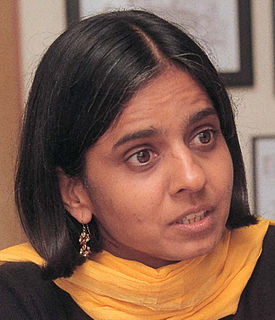A Quote by Henry A. Kissinger
I am against portraying China as the demon of the global community. China has grasped more quickly than other countries what globalization means and what it demands. The country has learned how to use other people's innovations for itself. India, incidentally, is not far behind China in this respect. Both are not nations in the European sense, but rather cultural communities with enormous markets. The challenge of the future is to work out how to deal with that.
Quote Topics
Against
Am
Behind
Both
Challenge
China
Communities
Community
Countries
Country
Cultural
Deal
Demands
Demon
Enormous
European
Far
Future
Global
Global Community
Globalization
How
India
Innovations
Itself
Learned
Markets
Means
More
Nations
Other
Other Countries
Out
People
Portraying
Quickly
Rather
Respect
Sense
Than
Use
Work
Work Out
Related Quotes
China, the world's most populous country, 1.3, 1.4 billion people, will in the next decade or so have to begin looking for people outside of China.What does this mean? China will have to become a much more welcoming society. It means that China will have to attract immigrants from other countries in order to slow the aging of the population.
When China got into the WTO, that allowed it to sell into any other country within the WTO - not just the United States - at the lowest tariffs that country offered. And the other countries could sell into China at the lowest tariffs that China offered. The problem, right off the bat, was that China had much higher tariffs than everywhere else, so the U.S. and Europe in particular got the short end of that stick.
China had never had to deal in a world of countries of approximately equal strength, and so to adjust to such a world, is in itself a profound challenge to China, which now has fourteen countries on its borders, some of which are small, but can project their nationality into China, some of which are large, and historically significant, so that any attempt by Chinese to dominate the world, would involve in a disastrous for the peace of the world.
But you'll notice, you will notice that Russia and China, invariably at the United Nations, move to block American action, to repress or hem in or punish other kinds of outlaw. Who stands behind Mugabi at the United Nations? Russia and China do. Who tried successfully to prevent the United Nations from speaking with one voice on its most signal violation of its resolutions, Iraq? Russia and China, again. North Korea the same. Burma the same.
If China stood on an equal basis with other nations, she could compete freely with them in the economic field and be able to hold her own without failure. But as soon as foreign nations use political power as a shield for their economic designs, then China is at a loss how to resist or to compete successfully with them.
Thirty years ago, if you said the country was living beyond its means, people would have thought about economics. Now, if you talk about the country, or the planet living beyond its means, you think about the environment. We are taking out more than we are giving back. We are consuming energy, water, and other natural resources in a way that is leading to huge and often irreversible damage to the planet. So too are most other developed nations. And so too will China and India if they follow the same path of economic development as us






























